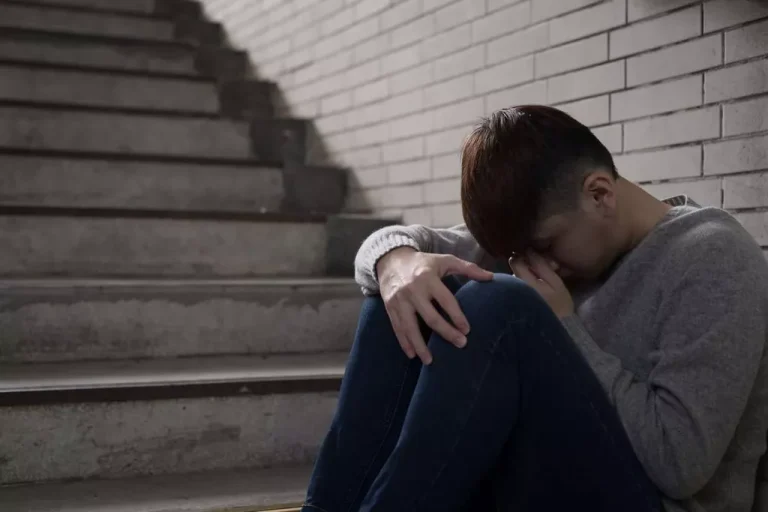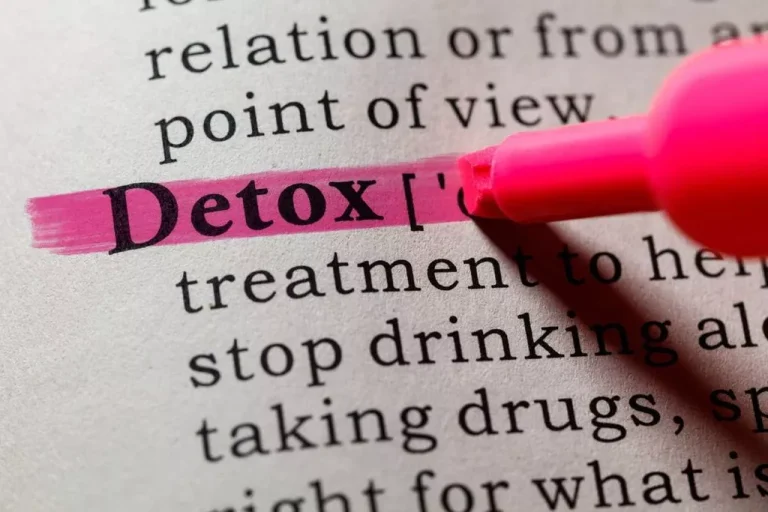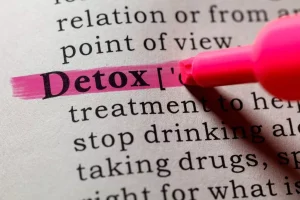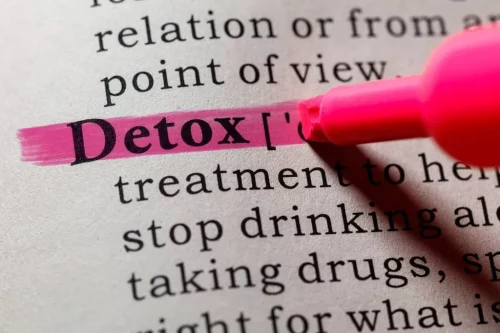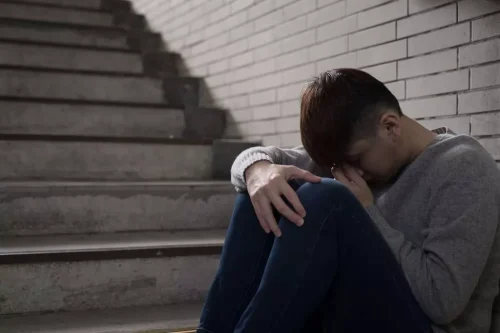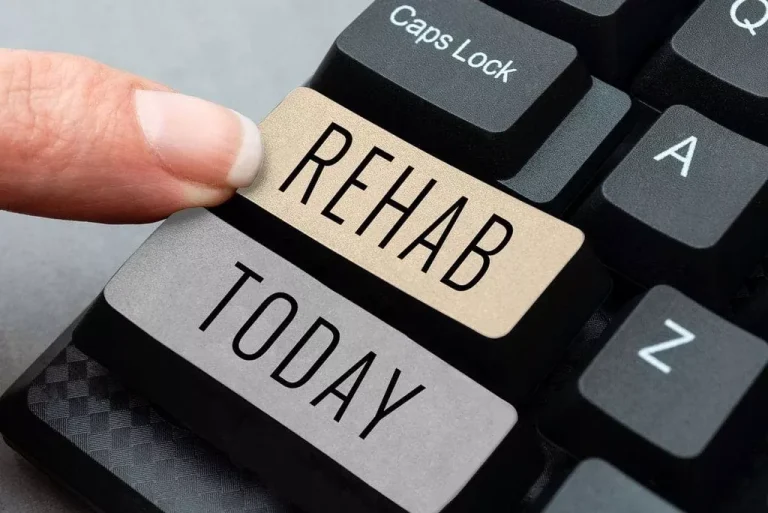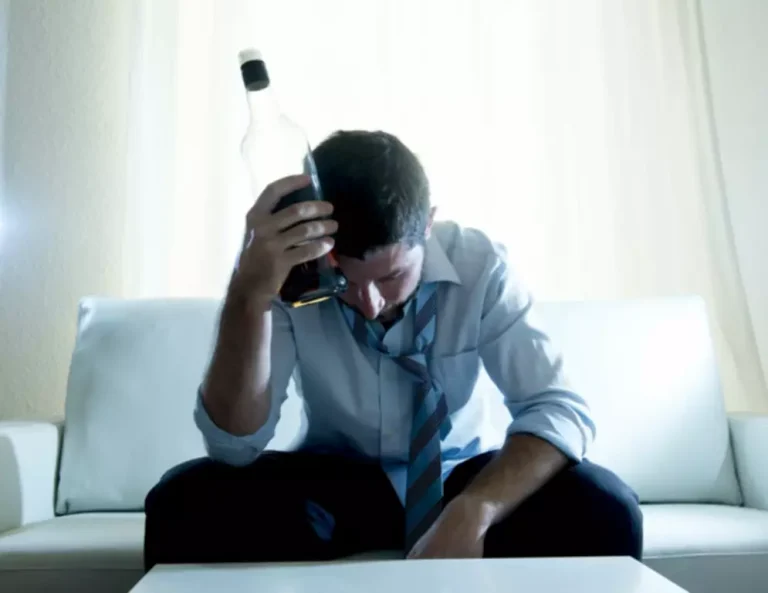
Abrupt cessation can lead to severe withdrawal symptoms, and a well-structured tapering plan is key to managing the process safely and effectively. A clinical trial of patients taking the benzodiazepine alprazolam for as short as eight weeks triggered protracted symptoms of memory deficits which were still present up to eight weeks after cessation of alprazolam. Long half-life benzodiazepines like diazepam or chlordiazepoxide are preferred to minimize rebound effects and are available in low dose forms. Some people may not fully stabilise between dose reductions, even when the rate of reduction is slowed. Such people sometimes simply need to persist as they may not feel better until they have been fully withdrawn from them for a period of time.
- Psychotherapy can help you understand the root cause of your substance abuse problems.
- At the 24-week follow-up, 80% of people had successfully withdrawn from benzodiazepines.
- When undergoing a taper, patients often experience an increase in symptoms after each reduction in dosage.
- As a physician executive, she has served as Senior Vice President and Chief Medical Officer roles committed to creating and improving systems-based delivery of psychiatric and substance abuse care.
Benzodiazepine Withdrawal Syndrome: Causes, Symptoms, And Treatment
The problems of when to prescribe, identifying withdrawal symptoms, effective communication with the patient, the structure of withdrawal programmes, and the use of drugs, psychological approaches and other services are discussed. Respondents to the survey were also self-selected, meaning their data may not align perfectly with a larger population of all people taking benzodiazepines. Nevertheless, the survey findings support and bolster earlier research on the condition dating from the 1960s and repeated as factors of concern in the 1970s and 1980s. Withdrawal symptoms occur during dose reduction and may include insomnia, anxiety, distress, weight loss, dizziness, night sweats, shaking, muscle twitches, aphasia, panic attacks, depression, numbness,dissociation, paranoia, indigestion, diarrhea, and photophobia. As withdrawal progresses, patients often find their physical and mental health improves with improved mood and improved cognition.
- GABA acts as a sort of speed bump that helps all the other chemical messengers travel through your brain at a reasonable pace.
- Supportive counseling and other targeted therapies or medications can help individuals manage their symptoms and improve their quality of life.
- A therapist or other mental health professional can offer support with navigating these effects and helping improve your overall quality of life during the withdrawal period.
Are There Recommended Treatments for Managing Withdrawal Symptoms?

While there is no FDA-approved medication to treat benzodiazepine withdrawal, your doctor may also prescribe other medications to help you manage withdrawal symptoms. The medication Romazicon (flumazenil) is sometimes used off-label for withdrawal symptoms. The onset of benzodiazepine withdrawal depends on the specific medication Drug rehabilitation you are taking. Short-acting drugs like Xanax (alprazolam) and Ativan (lorazepam) leave the system quicker, which means withdrawal symptoms can appear in as little as eight to 12 hours. During withdrawal (whether due to tolerance or tapering) and recovery, patients often experience an irregular, unpredictable cycling between relative lessening and exacerbation of symptoms.
Inpatient treatment
After your detox, you can continue onto addiction treatment for long-term recovery. At Priory, we provide personalised, holistic treatment plans that offer the best chance of a positive detox experience as well as long-term recovery success. Some supplements, such as valerian and melatonin, might also help you get some relief from your symptoms, but research has found mixed results. You may have to pause, slow down, or speed up depending on how your body reacts to withdrawal.

Management

These can include anxiety, irritability, restlessness, insomnia, muscle stiffness, tremors, sweating, and even seizures in severe cases. It is essential to understand that each individual may experience withdrawal differently based on various factors, such as the type of benzodiazepine used, the dosage, and how long the medication was taken. It’s crucial to seek guidance from a healthcare provider when considering stopping or changing benzodiazepine treatment to minimize the risk of withdrawal symptoms. Benzodiazepine withdrawal syndrome happens when someone abruptly stops or reduces the use of benzodiazepine medications, which are commonly prescribed for anxiety or sleep problems. This syndrome can occur due to a sudden change in the brain’s chemical balance caused by the removal of the medication. The literature on benzodiazepine dependence and withdrawal is reviewed with an emphasis on social and psychological considerations.
14 Treatment: Medication Combinations
- If you stop or reduce your dose suddenly, you will experience withdrawal symptoms.
- However, a prolonged and severe withdrawal syndrome can cause profound disability, which may lead to breakdown of relationships, loss of employment, financial difficulties, as well as more serious adverse effects such as hospitalisation and suicide.
- Most withdrawal symptoms begin within 24 hours after the final dose and can last from a few days to several months, depending on several factors.
- Approximately 40% of those who take benzos for more than six months experience moderate to severe withdrawal symptoms when they abruptly stop taking them.
- What is certain is that surface GABAA receptor protein levels are altered in response to benzodiazepine exposure, as is receptor turnover rate.
- These rebound symptoms may be identical to the symptoms for which the drug was initially taken, or may be part of discontinuation symptoms.
Protracted withdrawal symptoms can be punctuated by periods of good days and bad days. When symptoms increase periodically during protracted withdrawal, physiological changes may be present, including dilated pupils as well as an increase in blood pressure and heart rate. The change in symptoms benzodiazepine withdrawal has been proposed to be due to changes in receptor sensitivity for GABA during the process of tolerance reversal. A meta-analysis found cognitive impairments in many areas due to benzodiazepine use show improvements after six months of withdrawal, but significant impairments in most areas may be permanent or may require more than six months to reverse. When opioids are tapered, short-acting forms of those medications can be added to ameliorate the withdrawal symptoms while the long-acting opioids are decreased over time.






